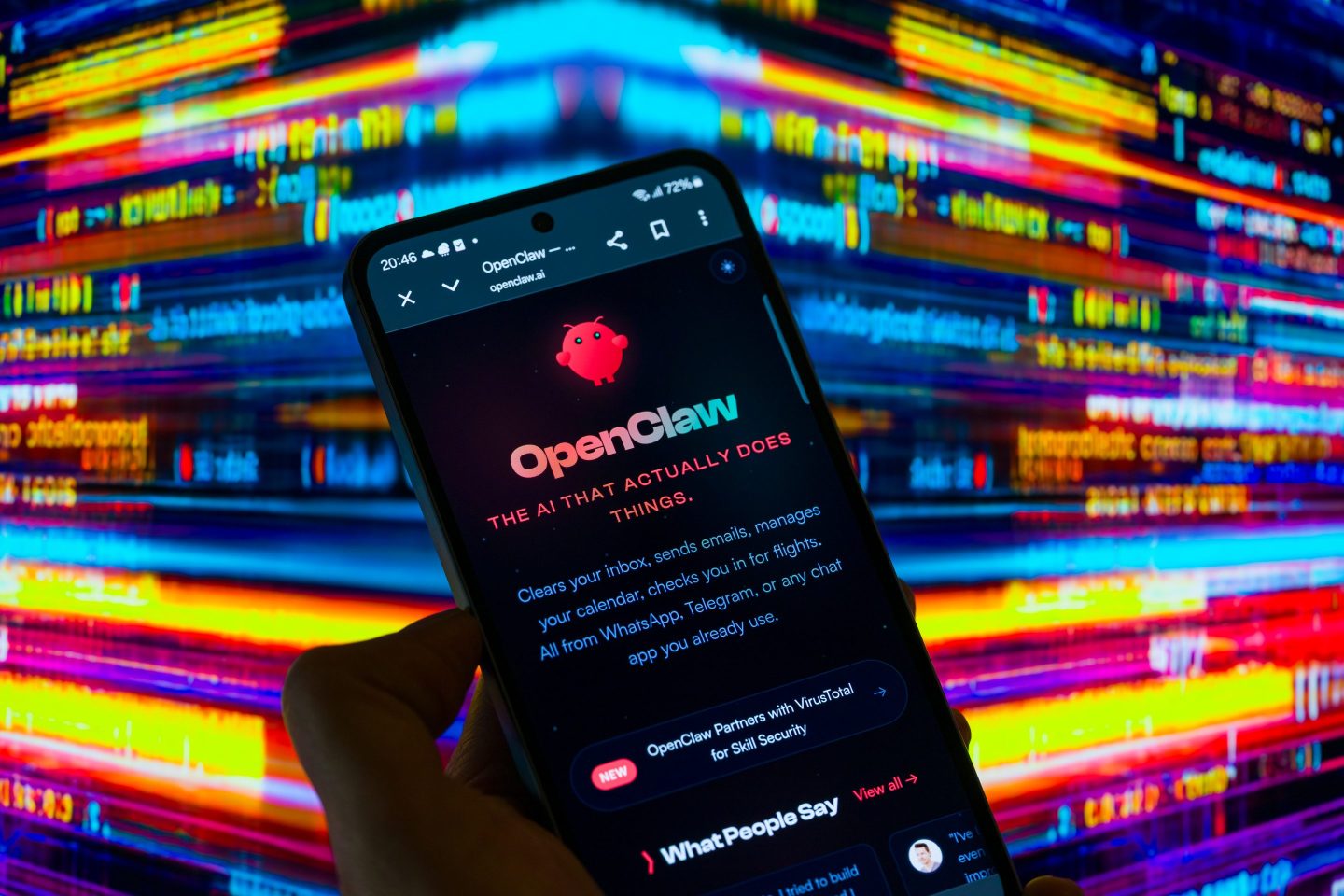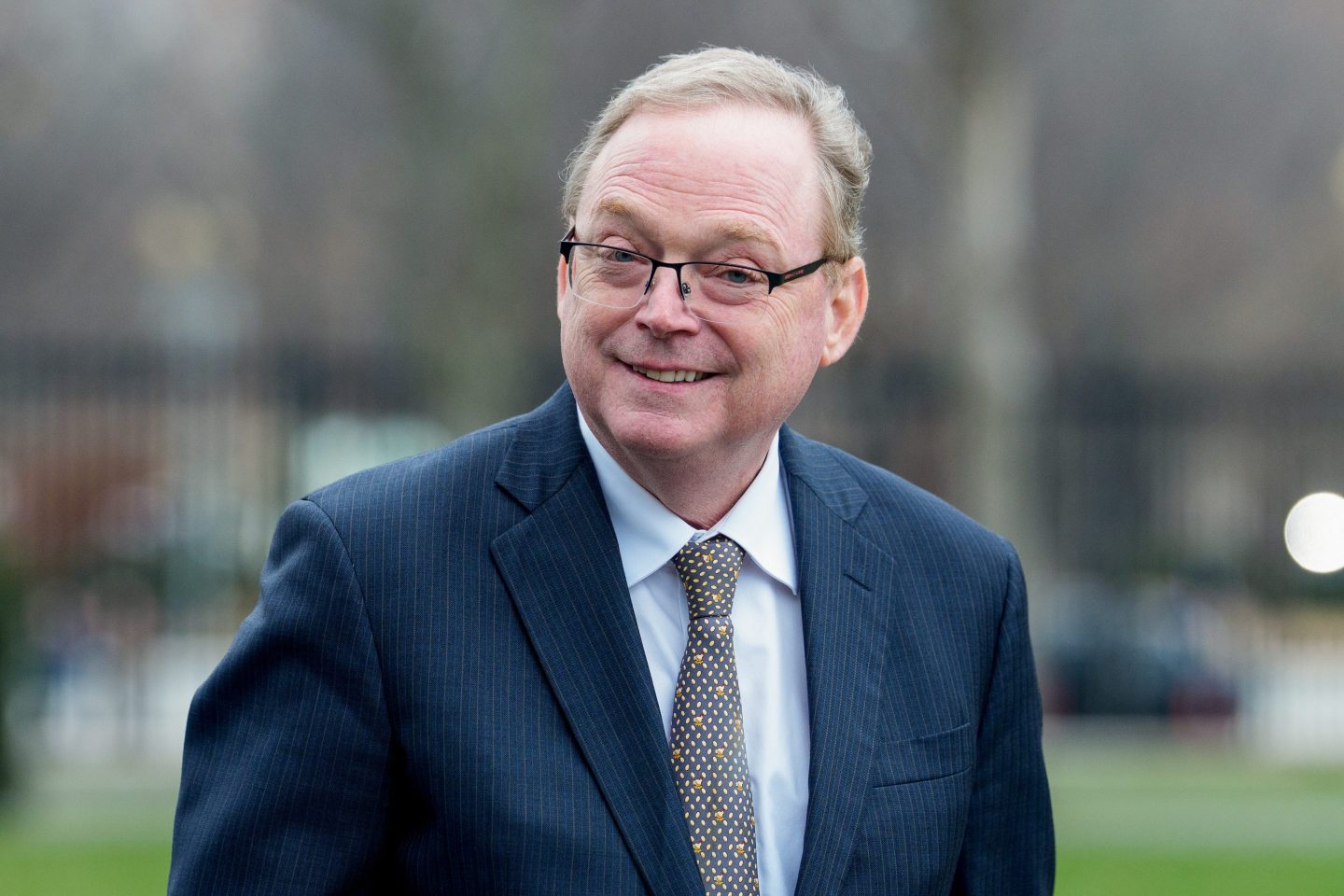As Gen Z college graduates struggle to jumpstart their careers, skepticism about the value of higher education is reaching new heights.
But at one private university in suburban North Carolina, graduates are defying that trend. At High Point University, 99.2% of the class of 2024 were employed or pursuing further education within six months of graduation—14 points above the national average.
The secret, according to the school, isn’t exclusively leaning on traditional academic offerings to prepare students for the real world. Instead, High Point brands itself as the nation’s “premier life skills university.”
“It’s clear that students and parents expect maximum return on investment from a college education,” a High Point University spokesperson told Fortune. “It’s also clear that employers need graduates who have not only technical skills but also life skills that outlast technical skills, which are constantly changing.”
In practice, that means required courses like Life Skills 101, which University President Nido Qubein teaches himself on confidence, communication, and personal branding. It also means bringing in top business minds, such as Apple cofounder Steve Wozniak, who serves as the school’s “innovator in residence,” to mentor students directly.
While similar programs elsewhere are often limited to students in their last year of school or even just business majors, High Point has made career readiness and soft skills the core of its entire curriculum.
Gen Z grads are lacking core skills: This school aims to plug the employability gap
Throughout students’ time at High Point, the school emphasizes teaching what they say “employers want in new hires,” including motivation, emotional intelligence, coachability, technical competence, temperament, and work ethic—traits that are increasingly rare to find among young professionals.
According to a report from tech education company General Assembly, fewer than half of all workers, and just 12% of mid-level executives, are confident that entry-level workers are adequately prepared for the workforce.
It’s a concern echoed by many business leaders. Jon Gray, president and COO of Blackstone, recently told employees:
“Most of you went to elite universities. You did really well, you were in the top of your class. You are people who are successful by nature and hardworking,” Gray said in a video posted to his LinkedIn account. “But when I look around at the people who truly succeeded at Blackstone, it’s not the ‘good enough’ crowd, right? It’s the people who are like, hey, ‘I’m gonna make sure I get this absolutely right.’”
Even tech leaders have weighed in. Meta CEO Mark Zuckerberg has questioned whether college is living up to its promise.
“It would be one thing if [college] was just kind of like a social experience, but you started off neutral. The fact that it’s not preparing you for the jobs that you need and you’re kind of starting off in this big [financial] hole then I think that’s not good,” Zuckerberg said on This Past Weekend podcast with Theo Von earlier this year.
For High Point, these critiques have represented opportunity. The school’s pitch is simple: “HPU is about more than degrees; it’s about life skills. Our students learn practical wisdom and career skills that prepare them for success in any field.”
These lessons are reinforced through lectures and seminars on topics such as how to land a job, how to pitch yourself, and how to thrive in the workplace, giving students tangible tools to turn their education into real-world success.
‘Half of Wall Street sends their kids to this school’
Nestled in the Piedmont Triad of North Carolina, High Point faces the challenge of being down the road from other top universities in the Tar Heel state—something that only exacerbates the pressure to attract students—and stay afloat financially. Since March 2020, over 80 public or nonprofit colleges have announced closures or mergers, according to Best Colleges.
During Qubein’s now 20 years at the helm of the university, High Point’s student population has tripled. This fall, High Point welcomed its largest class of first-year students as well as its largest total enrollment growth in history—topping at 6,550 students.
Part of High Point’s growth strategy has been to attract wealthier students and their families.
“Half of Wall Street sends their kids to this school,” Qubein told The Wall Street Journal last month.
Many elite universities—including Harvard and MIT—have also expanded financial aid for lower-income families, banking that wealthier students paying full price will help balance the books. High Point, for its part, offers an average student aid package of about $23,000. Its total annual cost of attendance is just over $69,000.
For that price, students can take advantage of free car inspections before holiday breaks, a campus steakhouse, six outdoor heated pools—each with its own hot tub—and even a mock airplane cabin, designed to help students practice networking for chance encounters at 30,000 feet.
Still, Qubein rejects the idea that these are luxuries—but rather what’s needed to get young people ready for the real world.
“As far as I’m concerned, we have no amenities,” Qubein added to the WSJ. “We are not in the business of pampering students. We are in the business of preparing our students.”













